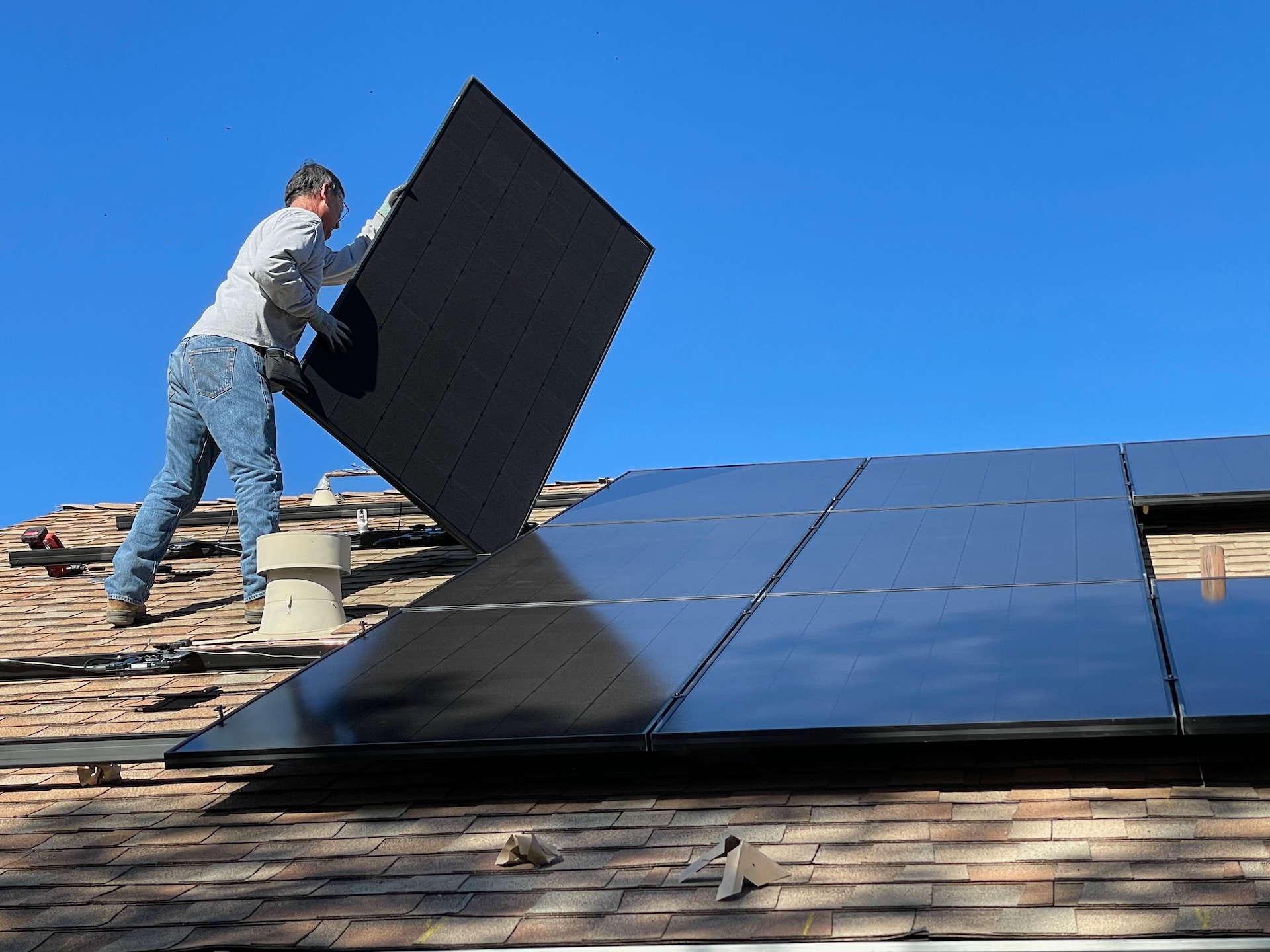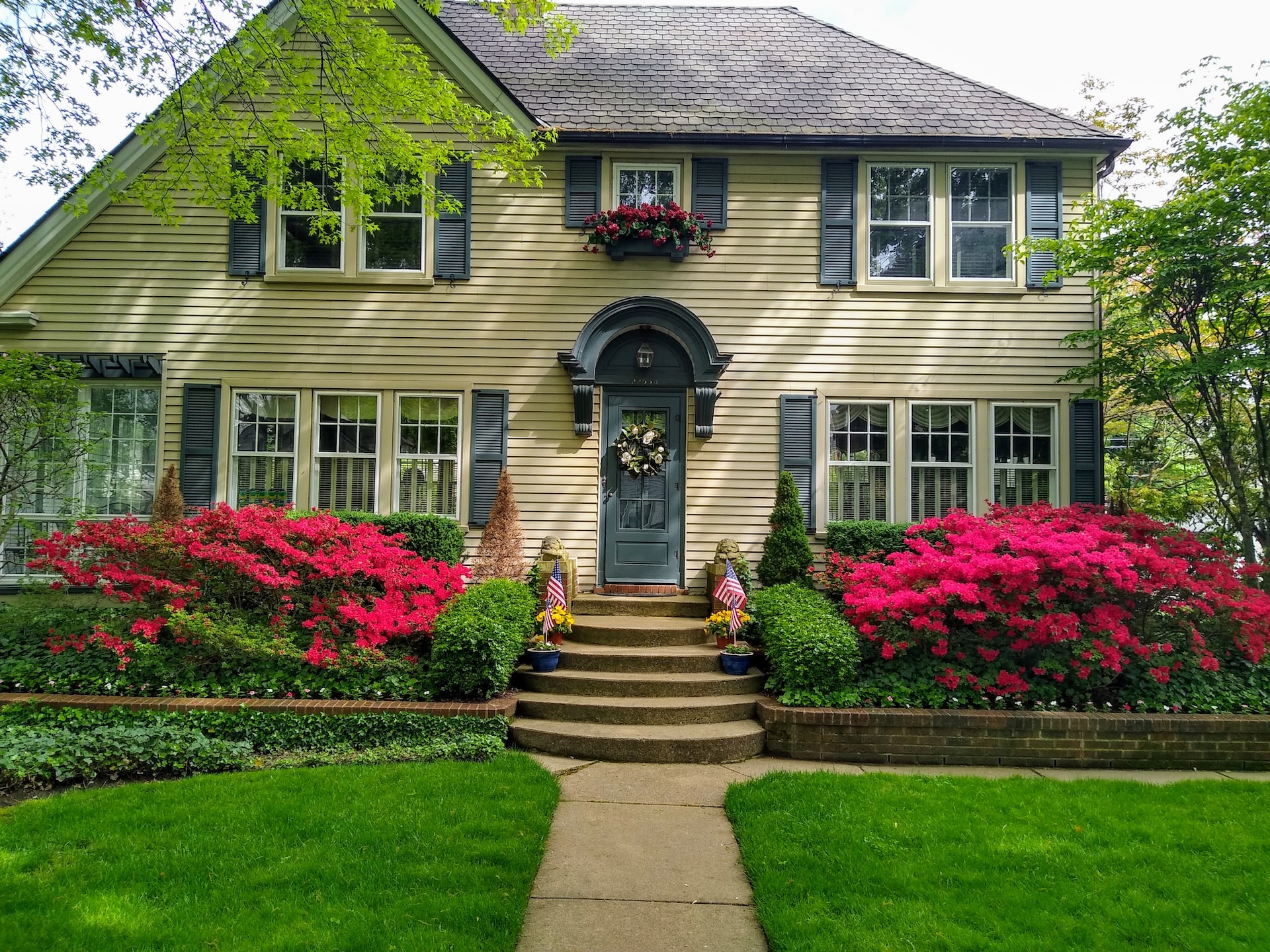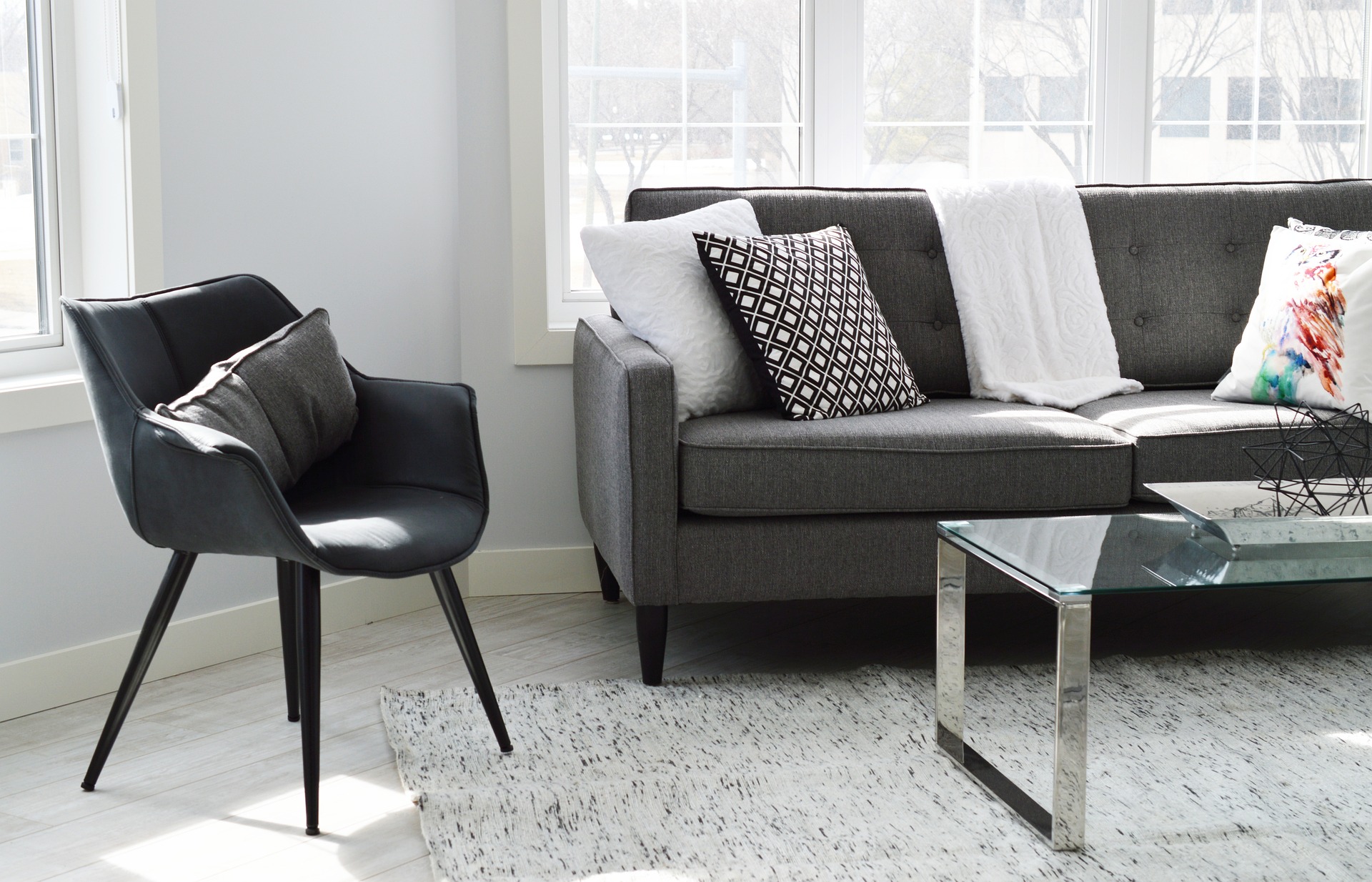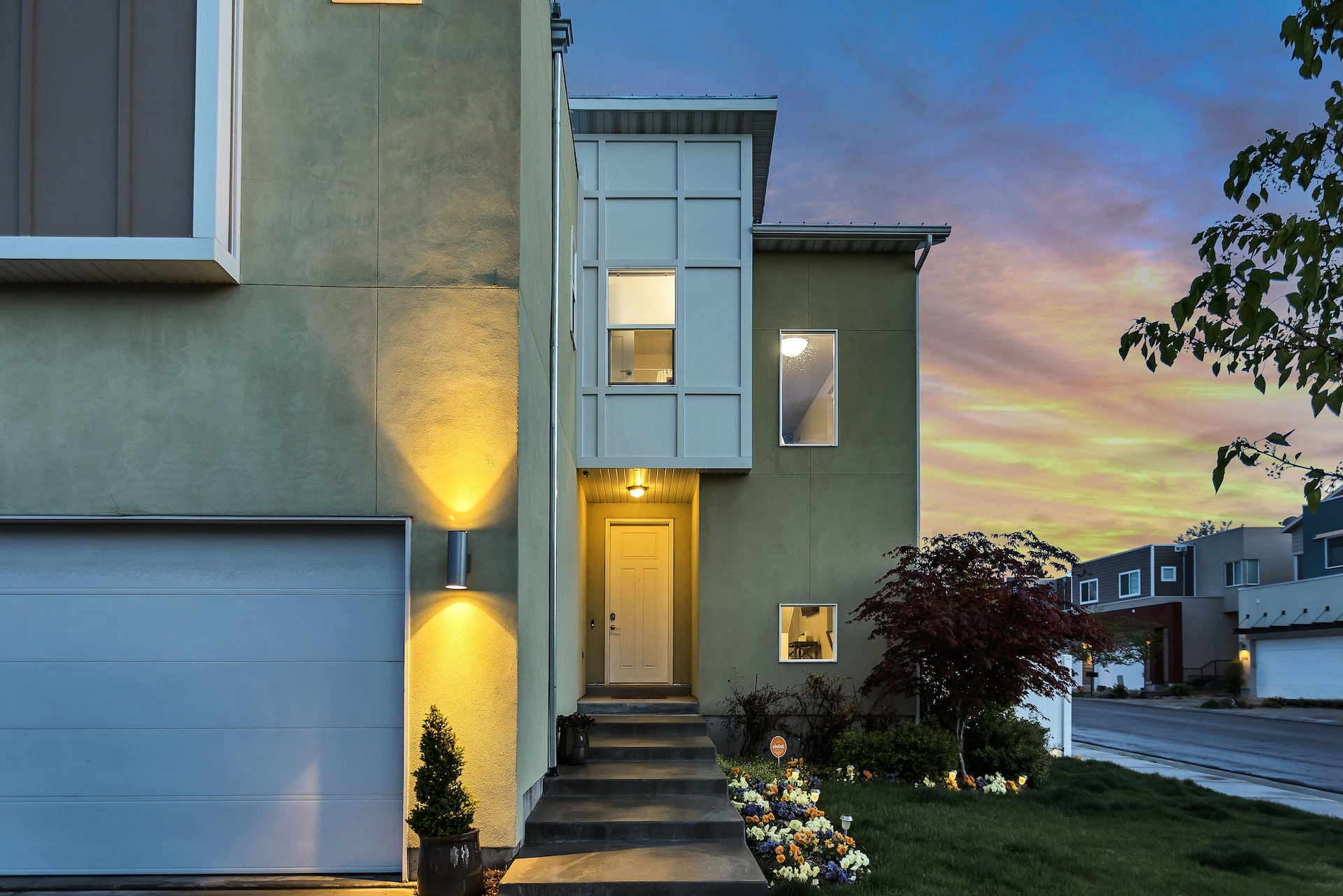Thinking about buying a fixer upper? When it comes to buying and renovating a new home, the right opportunity can allow you to build your equity, make a return on investment, or turn your house into a forever home.
With this being said, there is a lot involved in buying and transforming a ‘fixer upper’. Not all houses have the potential to be transformed – you’ll need to consider a number of key variables in determining the possibilities that a home holds. On top of this, when you factor in the commitments you will have to make in terms of time, money and effort, there is a lot to consider in whether this path to home ownership is the right one for you.
What You Need to Commit To
Before you get stuck into the buying and renovation process, you need to be sure that you have an understanding of the commitment involved in buying a fixer upper.
Firstly, ensure that you are prepared for the amount of time you will need to spend on the project. Depending on how you tackle the process of remodeling your home and what your budget looks like, you will be spending a significant amount of time on repairs, maintenance and upgrades. Not only does this mean finding the time to renovate while you continue to earn an income, but it means having the skills required, or otherwise taking the time to learn them.
This brings us to the next significant commitment you will make, which is in regard to the money you will spend. While you can potentially save a significant amount of money in buying a fixer upper, this will come down to your ability to stay within budget, the amount of work you are committed to doing yourself, and how you want to split your budget between initial cost and renovating expenses.
Finally, there is a lot of stress and effort that comes with buying a fixer upper – renovating your property will be an involved process. This is in regard to the work you will need to do when it comes to organising and carrying out the renovation process, but also in terms of the limited living conditions you will be subject to. Living in a home that is always stuck in a process of remodeling can become exhausting, and will require some getting used to.
The Criteria of a Potentially Successful Fixer Upper
Once you have decided that you want to commit to the process of buying and renovating a fixer upper, the next step is to shift your focus towards the property you want to buy. This decision will come down to a number of factors.
Firstly, you should consider your budget and the amount of work you want to put in. Some properties will be in better condition than others – striking the right balance when it comes to condition will mean that you can significantly transform the property, while putting in less effort than would otherwise be required. This also means considering whether the property has the potential to be renovated in the first place – if you’d be better off demolishing and starting over, purchasing a property as a fixer upper might not be the best decision.
Next, think about the overall potential a home has, beyond its condition. For example, the location of a home is a great indicator of how it could function post renovation, hence the common advice to “buy the worst house on the best street”. Furthermore, layout is another important factor to keep in mind. If you are buying a home that you plan on keeping, ensure that it fits your needs. On the other hand, if you are planning on selling the final product of your renovations, be sure that it appeals to the market.
Ultimately, in determining whether or not a property has the potential to be a successful fixer upper, be sure to paint a realistic picture of what the house will look and feel like after it has gone through the renovation process.
How You Should Approach the Renovation Process
The final step in the process of buying and renovating a fixer upper is to have a strong plan surrounding how you will approach and carry out the renovation process.
The initial step in this planning process is to create an outline of how you envision the final iteration of the home – rather than this being a general idea, it should be a more concrete plan as it will determine what goes into the overall building process. This outline should be based on your budget, and should also take into account any changes that might be introduced along the way.
Next, it is important to decide on whether you will be enlisting the help of builders and contractors throughout the process. Whether or not you want to carry out the bulk of the construction yourself, it is likely that contractors will come in handy in a few areas that require specialised knowledge – be sure to include these costs in your budget.
Once the required work has been delegated, you need to ensure that you have the necessary tools and equipment for the work you will be completing – in minimising this section of your budget, somewhere like Stonex might come in handy.
Buying and renovating a fixer upper is an involved but rewarding process, that if done right will leave you with a dream home. In taking a considered, methodical approach, you will ensure that you have the correct priorities in mind, and are successful in your transformation.






Leave A Comment